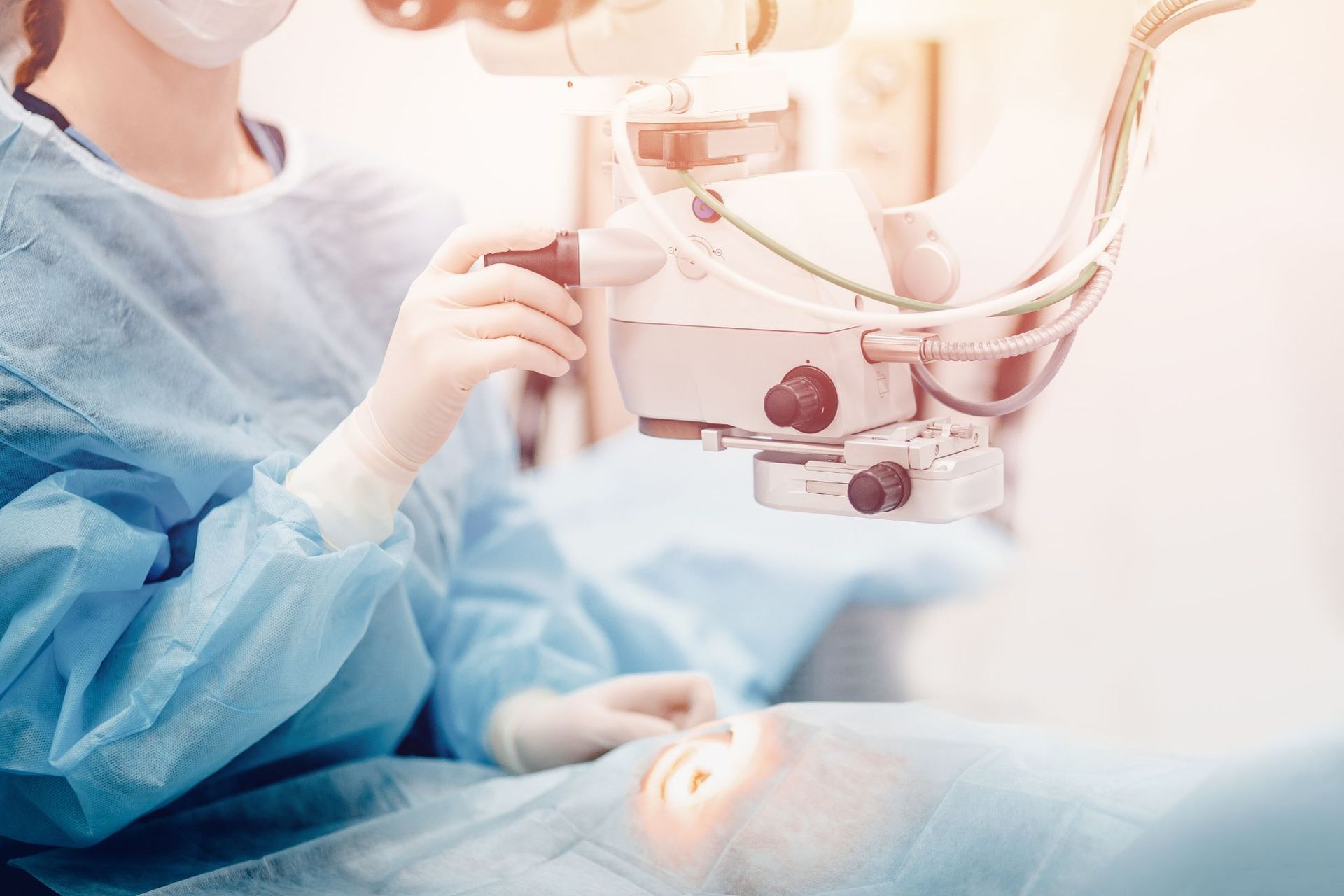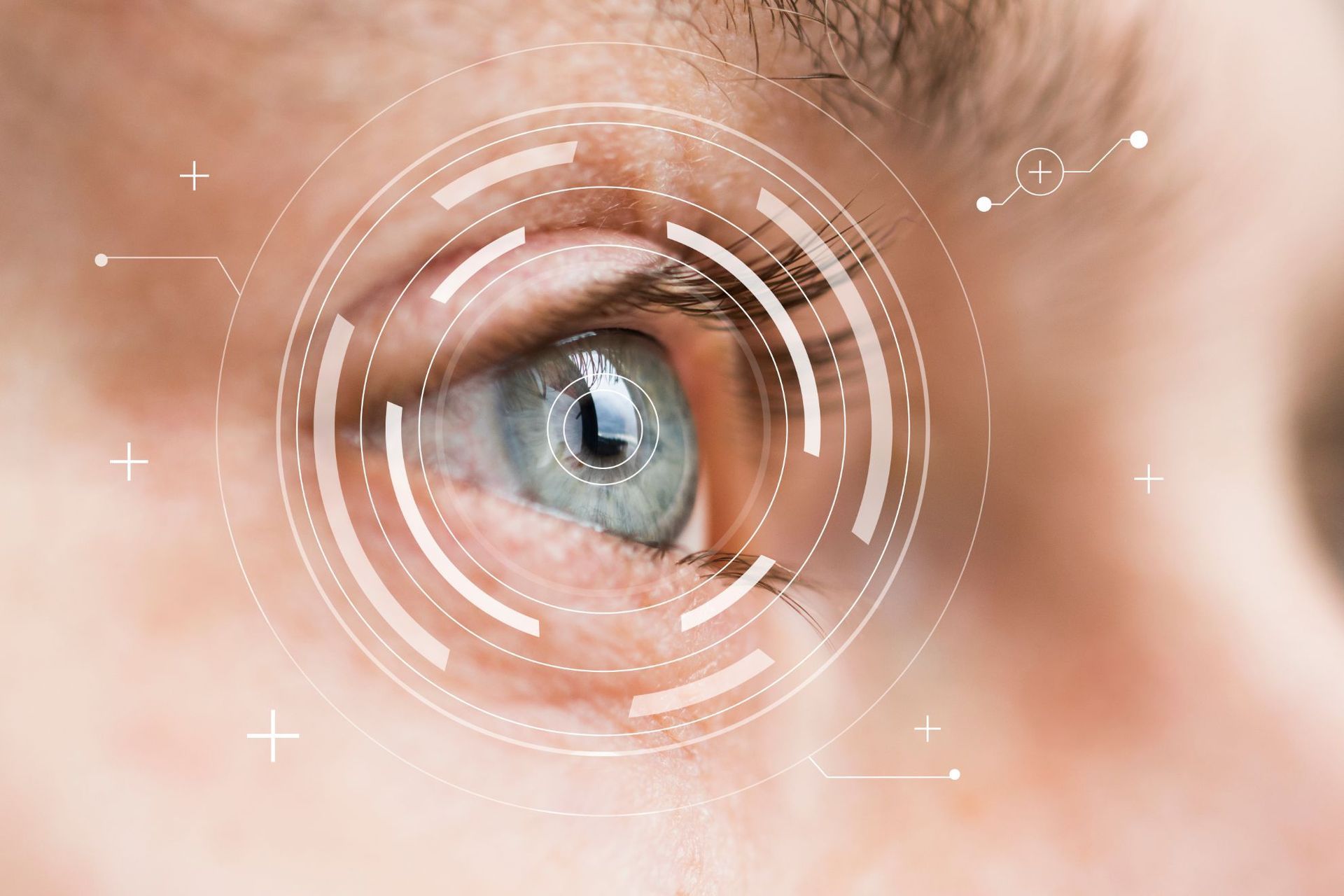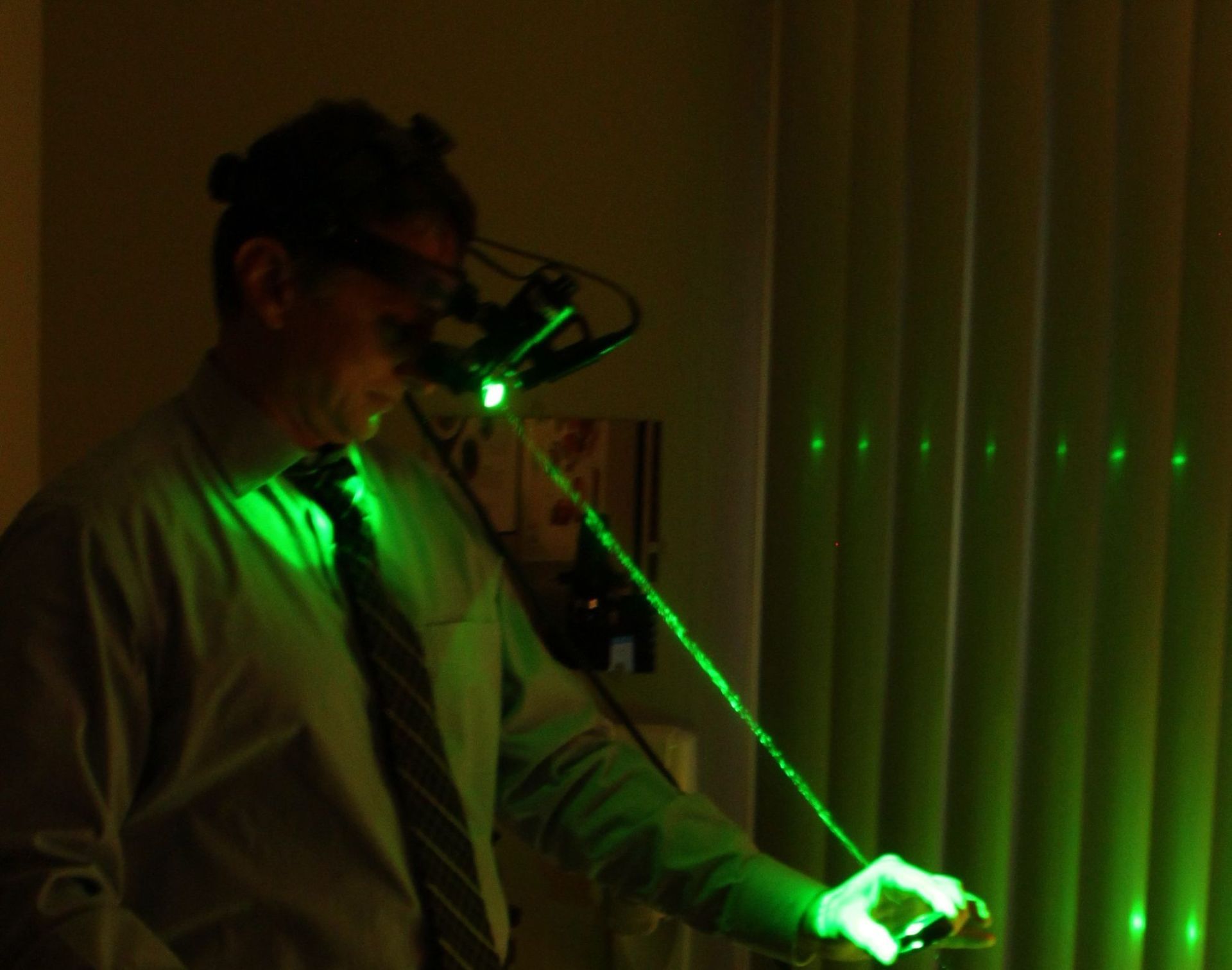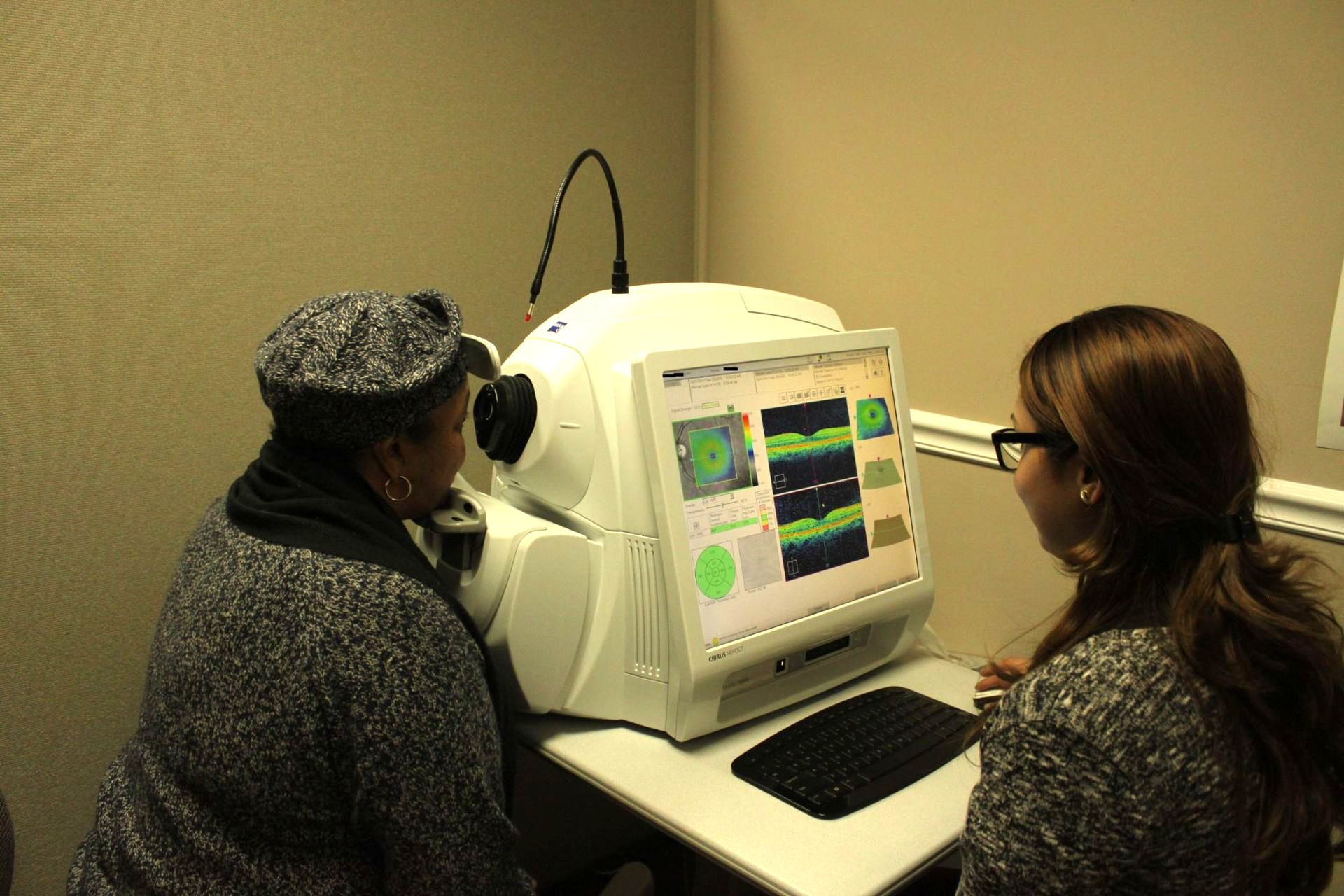Services We Offer
Medical and Surgical Ophthalmology - Laurel, MD & Washington, D.C.
Welcome to Eye Care and Surgery, P.A. Our practice offers a range of services involving the medical and surgical management of retinal pathology, glaucoma, and cataracts. Our team of experienced professionals are dedicated to providing the highest level of care and utilizing state-of-the-art technology to ensure optimal results for each patient. Learn more about some of the services we offer below.
Eye (Intravitreal) Injections
Eye injections, also known as intravitreal injections, are a common treatment option for various retinal conditions. This procedure involves injecting medication directly into the vitreous cavity of the eye, which is the gel-like substance that fills the space between the lens and the retina. The medication is typically delivered using a fine needle after the eye has been numbed.
Retina injections are primarily used for the treatment of the following conditions:
Eye (or intravitreal) injections are performed in office under local anesthesia, and the eye is numbed using eye drops.
It's important to note that intravitreal injections may require multiple treatments over time, and the frequency and duration of the injections will depend on the specific condition being treated and the response to treatment. Your doctor will determine the most appropriate treatment plan based on your individual needs.
Laser Eye Surgery
without refractive correction
Laser eye surgery without refractive correction includes a range of surgical procedures that utilize lasers for various eye conditions unrelated to vision correction. These procedures are aimed at treating specific eye conditions or diseases and are not focused on improving visual acuity, but instead to preserve the vision.
Continuing Management of Eye Conditions
Management of conditions affecting the eyes requires a specialized approach to diagnosing, treating, and managing specific conditions. It involves the use of specialized equipment tailored to help detect changes associated with each of the various conditions. Sometimes it may also involve a team of healthcare professionals, including specialized ophthalmologists and specialists of other fields of medicine, who work together to preserve and improve vision in patients with ocular disorders.
This type of care includes thorough diagnostic evaluations, tailored treatment options such as medications, surgery, and laser interventions, and ongoing monitoring of eye health. Patient education and support are prioritized, and a collaborative approach involving different healthcare providers ensures comprehensive care. The current research and advancements in the field are utilized to enhance the understanding and treatment of the many potential conditions.





